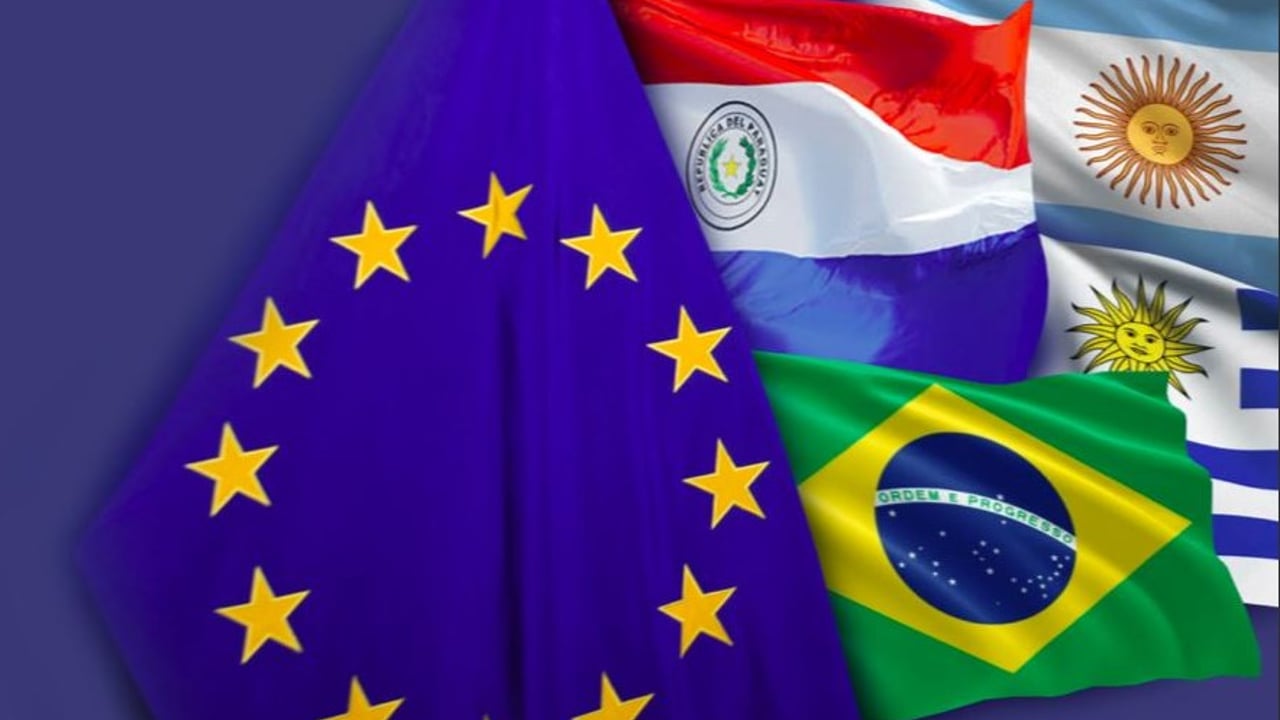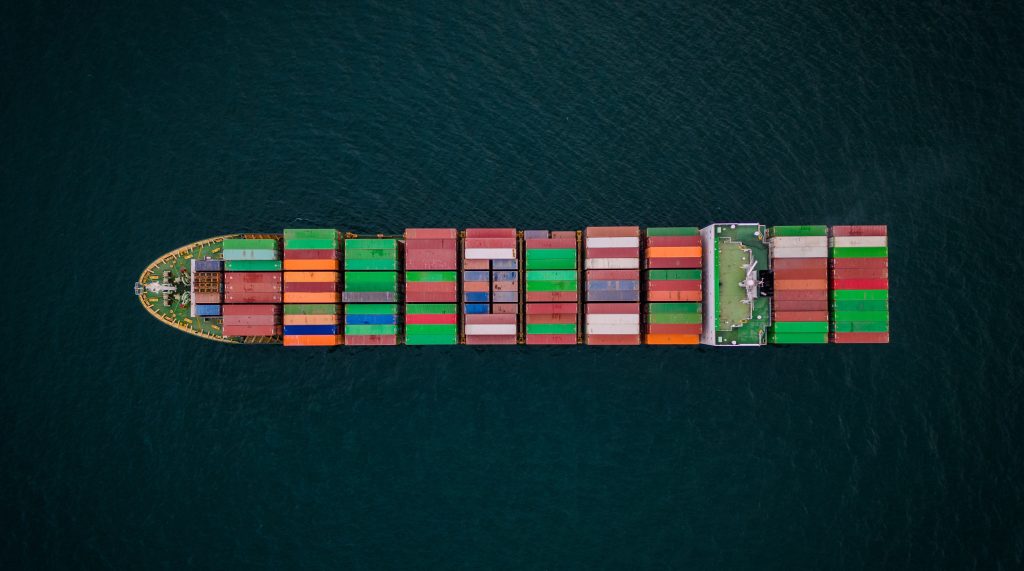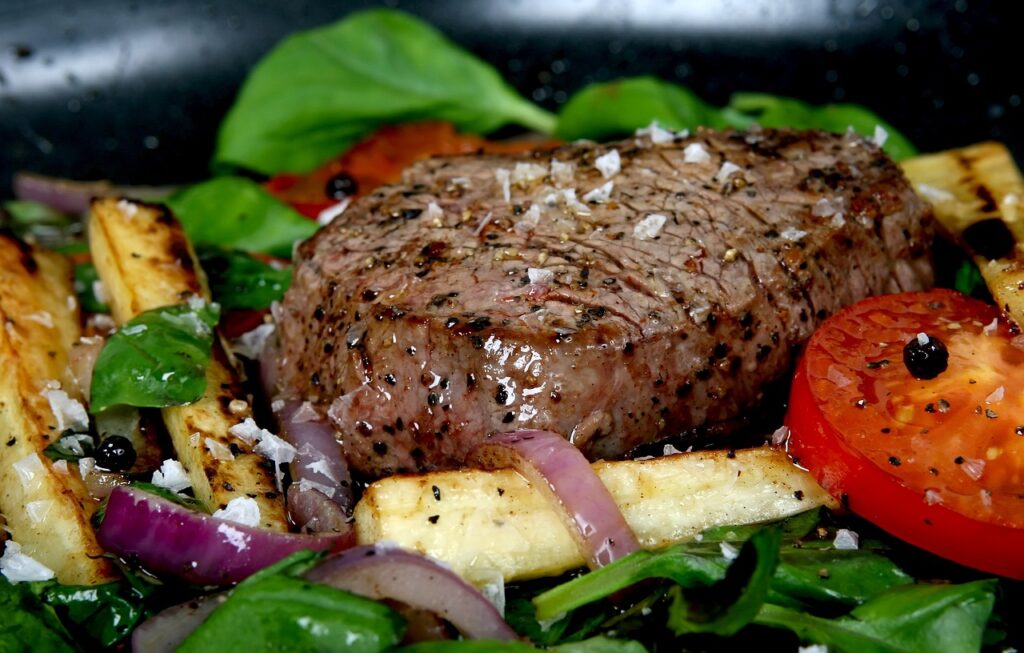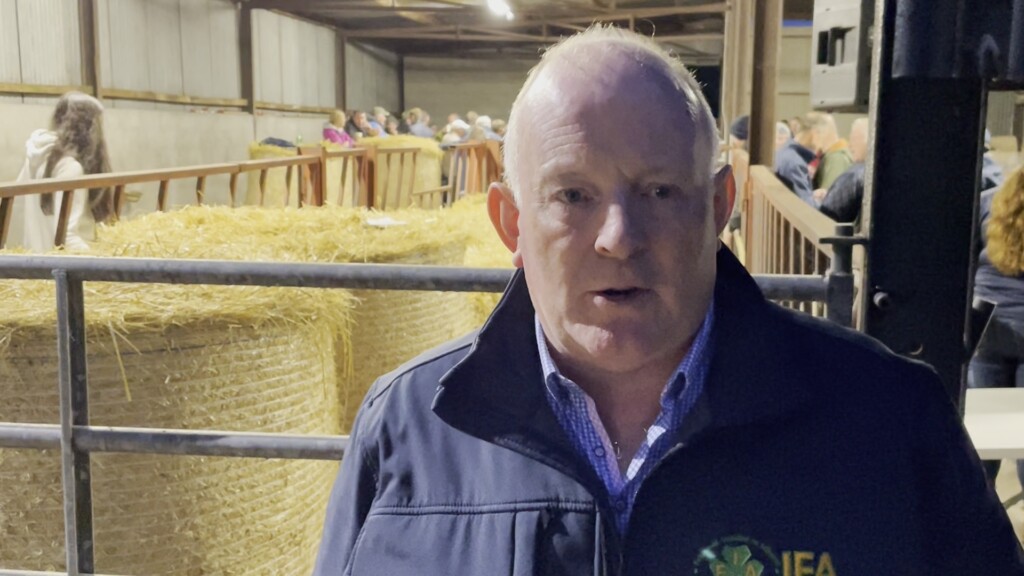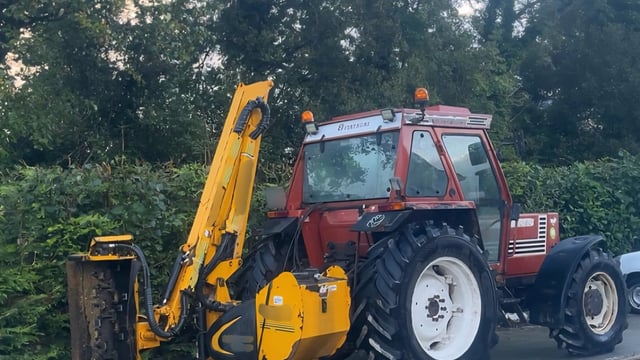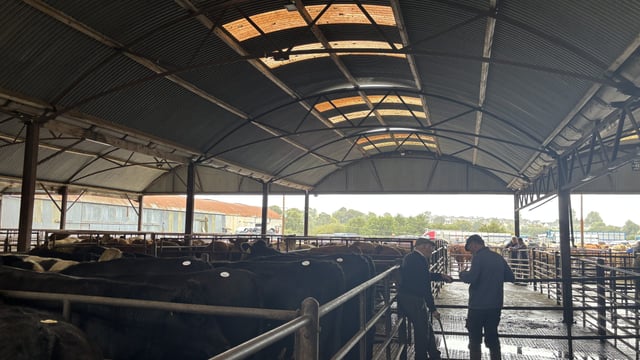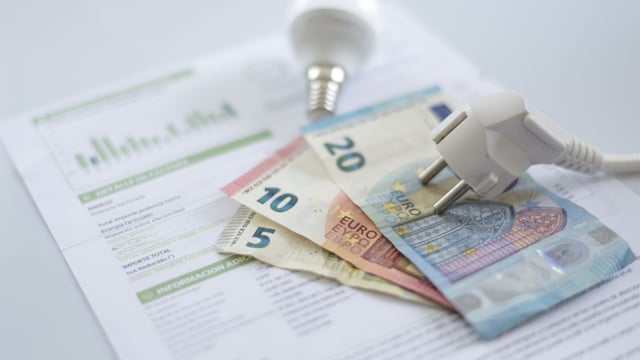Mercosur deal: What farmers need to know
The EU-Mercosur deal, formally called the EU-Mercosur Partnership Agreement (EMPA), has caused great concern and is opposed by many, including farmers.
The process to finalise this deal has been ongoing for a lengthy period of time.
However, this week, there have been major developments.
Today (Wednesday, September 3) the European Commission has put forward its proposal to ratify the EMPA, officially adopting it.
The deal will require approval from the European Parliament and the Council of the EU before it can be ratified.
What is the trade deal?
On June 29, 2019, the EU and Mercosur countries of Argentina, Brazil, Uruguay and Paraguay concluded negotiations for trade components of the agreement.
This was complemented in July 2020 by the conclusion of negotiations of the political and cooperation components of the deal.
On December 6, 2024, the EU and Mercosur reached a political agreement on an "improved" EU-Mercosur Partnership Agreement.
According to the European Commission, the EU-Mercosur agreement will boost trade and investment on both sides, contributing to economic growth and job creation; and foster the sustainable development of both regions.
The deal will create the world's biggest free trade zone, covering a market of over 700 million consumers.
It is estimated the agreement can increase EU annual exports to Mercosur by up to 39% (€49 billion), supporting more than 440,000 jobs across Europe.
Mercosur has a total population of around 270 million people.
It has the sixth largest economy outside the EU with an annual GDP of €2.7 trillion.
The European Commission said that removing high Mercosur tariffs will enable EU exporters to save over €4 billion in customs duties per year.
Mercosur is expected to remove duties on 91% of EU exports over a period of 10 years for most products.
The deal will also make for easier and simpler customs procedures facilitating exporting of goods, and there will be exclusive preferential access to some critical raw materials and green goods, the bloc said.
Does the EU already trade with Mercosur?
The EU is Mercosur's second-biggest trade in goods partner, after China and ahead of the US.
The EU accounted for 16.8% of Mercosur's total trade in 2024. Mercosur is the EU's tenth-largest trade in goods partner.
In 2024, the EU's exports to the four Mercosur countries amounted to €53.3 billion, while Mercosur's exports to the EU totalled €57 billion, resulting in a slight surplus in favour of Mercosur.
Mercosur's biggest exports to the EU in 2024 were agricultural products (42.7% of total exports), mineral products (30.5%), and pulp and paper (6.8%).
The EU's exports to Mercosur in 2024 included machinery and appliances (28.1% of total exports), chemicals and pharmaceutical products (25%), and transport equipment (12.1%).
What does the EU-Mercosur deal mean for agri-food?
The commission said that the EU-Mercosur agreement will open "unprecedented access" to the countries of Mercosur for European farmers and food producers.
According to the commission, Mercosur countries are growing and dynamic markets that currently have high barriers to entry.
The commission has moved to reassure that the agreement "will shield Europe’s farmers from undue market pressure".
According to the bloc, the agreement will "remove high tariffs and burdensome procedures for a series of EU agri-food exports", and "enhance market positions for traditional EU food by protecting it from imitation".
EU agri-food exports to Mercosur were worth €3.3 billion in 2024.
EU agri-food exports to Mercosur are expected to grow by almost 50%, as the deal reduces high tariffs on key EU agri-food products, such as wine and spirits (up to 35%), chocolate (20%), and olive oil (10%).
For some dairy products, zero duties will gradually apply within quotas: cheese (30,000t), milk powder (10,000t) and infant formula (5,000t).
Are there safeguards as part of the deal?
The EU will "grant very limited access to its market to imports of agri-food products".
The commission proposes to supplement the agreement with a legal act to cover "bilateral safeguards" under the deal.
"For sensitive products like beef, poultry or sugar in particular, access to the EU market will be permanently limited through gradually-implemented quotas," the commission said.
"Moreover, a bilateral safeguard clause can be applied in case increased imports from Mercosur cause - or even only threaten to cause - serious injury to the relevant EU sectors.
"For the first time, this safeguard clause also covers imports under tariff rate quotas."
The commission has stated that the deal will have "limited impact on the EU beef market and will not generate further deforestation in Mercosur".
The agreement does not give duty-free access to Mercosur beef.
It will allow 99,000t of Mercosur beef to enter the EU market with a 7.5% duty.
55% of the quota will consist of fresh or chilled meat and 45% of lower-value frozen meat, the commission outlined.
The overall volume represents 1.5% of total European beef production and is less than half of the current imports from Mercosur, which are at 206,000t.
Under the Mercosur agreement, the EU will allow a quota of 180,000t of poultry to be imported duty-free.
This volume will be phased in over five years.
It represents 1.3% of total EU production. This is lower than current imports from Mercosur (293,000t in 2024), the commission said.
Does the deal acknowledge food safety and environment?
The commission has said that any product entering the EU market must comply with the EU’s stringent food safety standards, and the Mercosur agreement "does not change that".
"The EU has very stringent sanitary and phytosanitary standards to protect human, animal and plant health.
"Any product sold in the EU must comply with standards for consumer protection, which do not change at all with this agreement: products imported from Mercosur under the agreement will have to respect them, too."
At the end of 2025, it is stated that only deforestation-free products will be allowed to enter the EU market, including beef, soya bean, coffee, and wood.
The commission has said this rule will also apply to imports under the Mercosur agreement, "ensuring that products imported under this deal have not contributed to deforestation in Mercosur countries".
According to the commission, the EU-Mercosur agreement is the biggest EU agreement ever regarding the protection of traditional EU food and drink products registered as geographical indications.
"It will protect some 344 EU food and drink products from imitation in Mercosur countries.
"Such protection helps make these products more distinct, which allows producers to strengthen their market positions in the Mercosur countries and to sell for a premium price."
What response has there been to the deal?
The Irish government previously said it was opposed to the EU-Mercosur trade deal and vowed to "work with like-minded EU countries to stand up for Irish farmers".
Minister for Agriculture, Food and the Marine Martin Heydon said the government will examine the commission's proposal in detail "to see if it provides any of the additional assurances required".
The Irish Farmers' Association (IFA) president Francie Gorman said today that there has been "plenty of assurances about the government’s opposition to the Mercosur deal, but it has to deliver".
"We cannot countenance a deal that refuses to recognise the gap in standards between the EU and Brazil,” he said.
Gorman added that "beef and poultry producers should not have to pay the price of allowing other sectors gain access to the South American market".
Denis Drennan, president of the Irish Creamery Milk Suppliers' Association (ICMSA), said that the decision by the European Commission to adopt a proposal to ratify the trade agreement is a "calculated betrayal".
Drennan said the Irish government must now "dig in" to protect our "critical interest in maintaining our beef exports".
Copa-Cogeca believes the push to ratify the EU-Mercosur deal will "further deepen the gap between farming communities and the European Commission".
The European umbrella organisation representing farmers and agricultural cooperatives said the commission is taking advantage of "what it considers to be ‘favourable timing’ in Brussels".
Will national parliaments have a say on the deal?
The EU has confirmed that there will be no role for the national parliaments of EU member states to ratify or reject the trade elements of the EU-Mercosur trade agreement.
While some aspects of the deal will need to be ratified individually by the parliaments of each member state, the trade aspects will not.
The EU has argued that because trade is within its own exclusive competence, and is not a shared competence with the member states, it can be ratified through its own legislative process.

